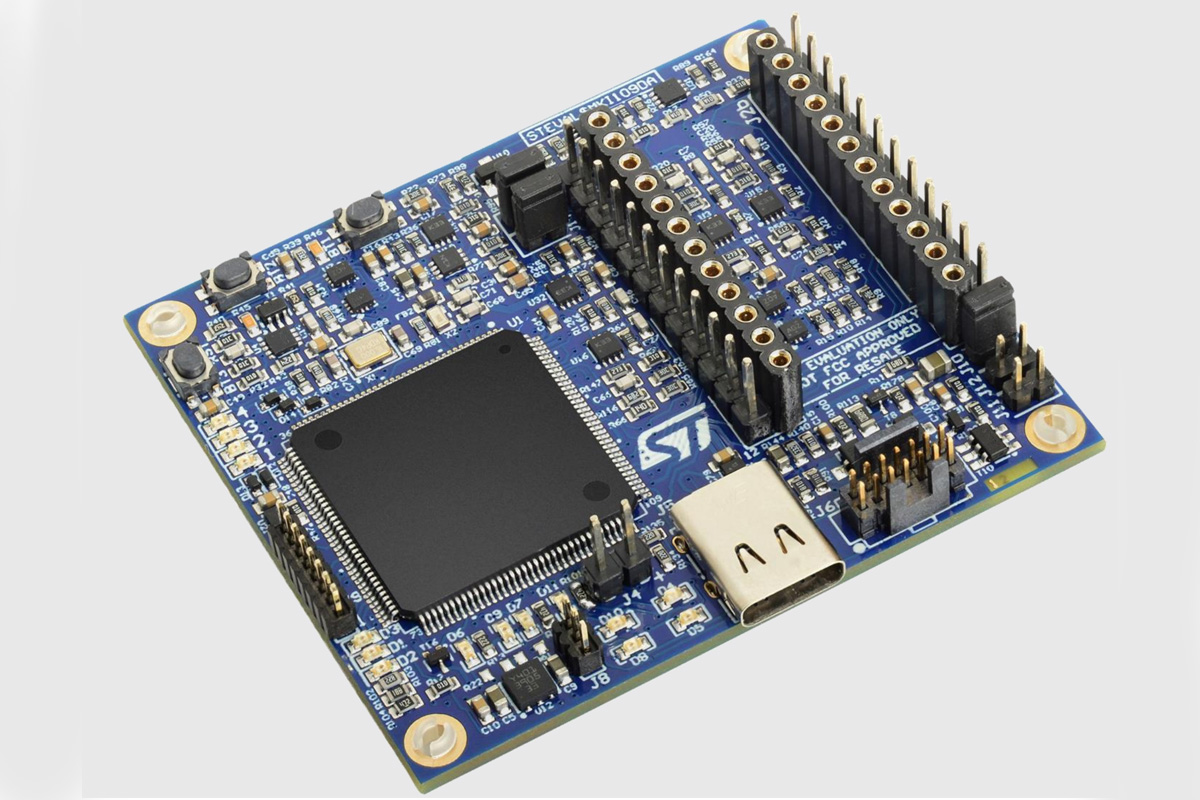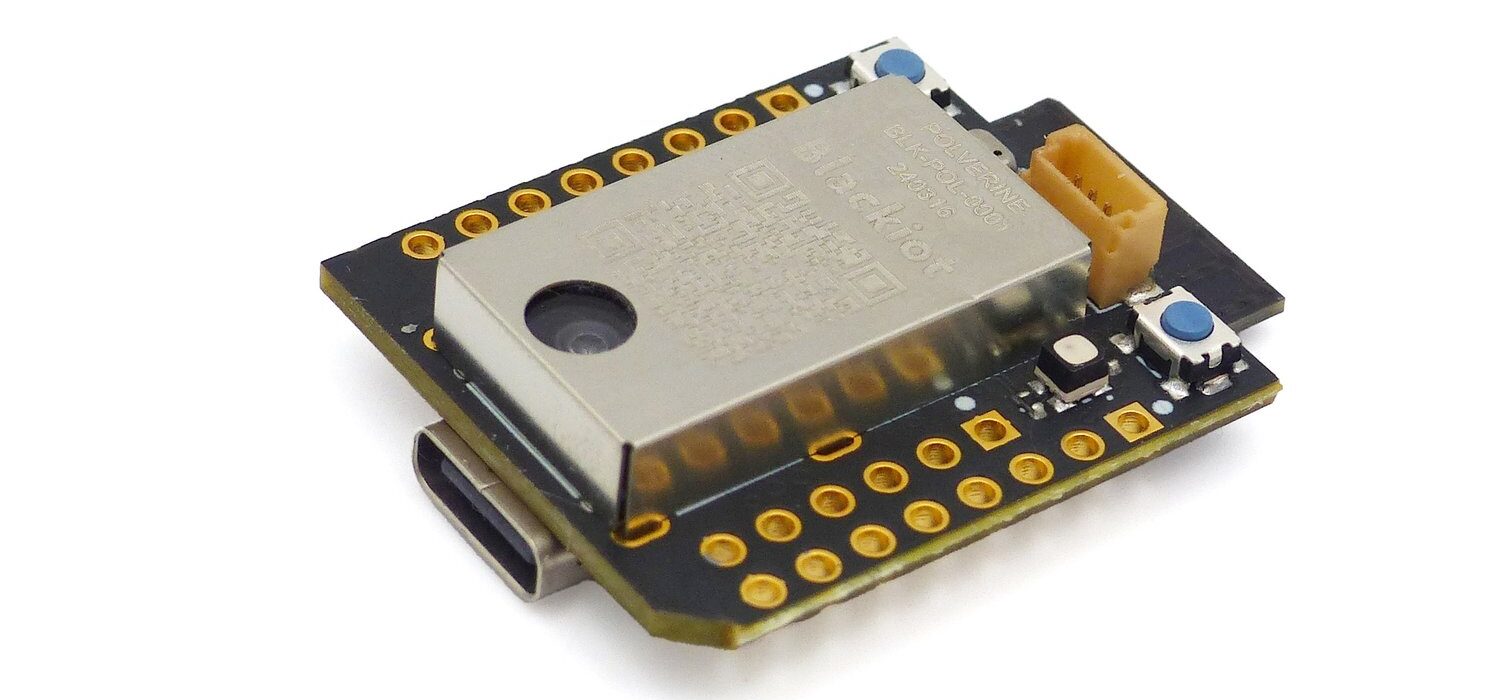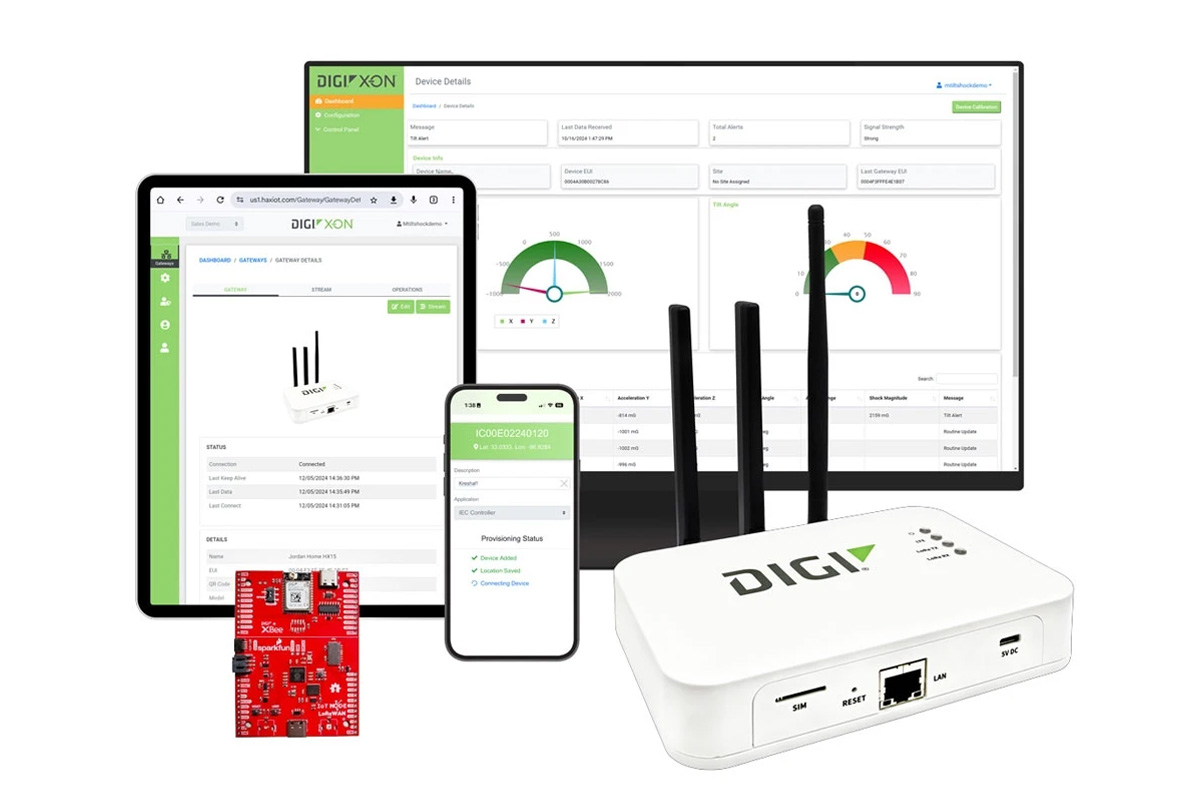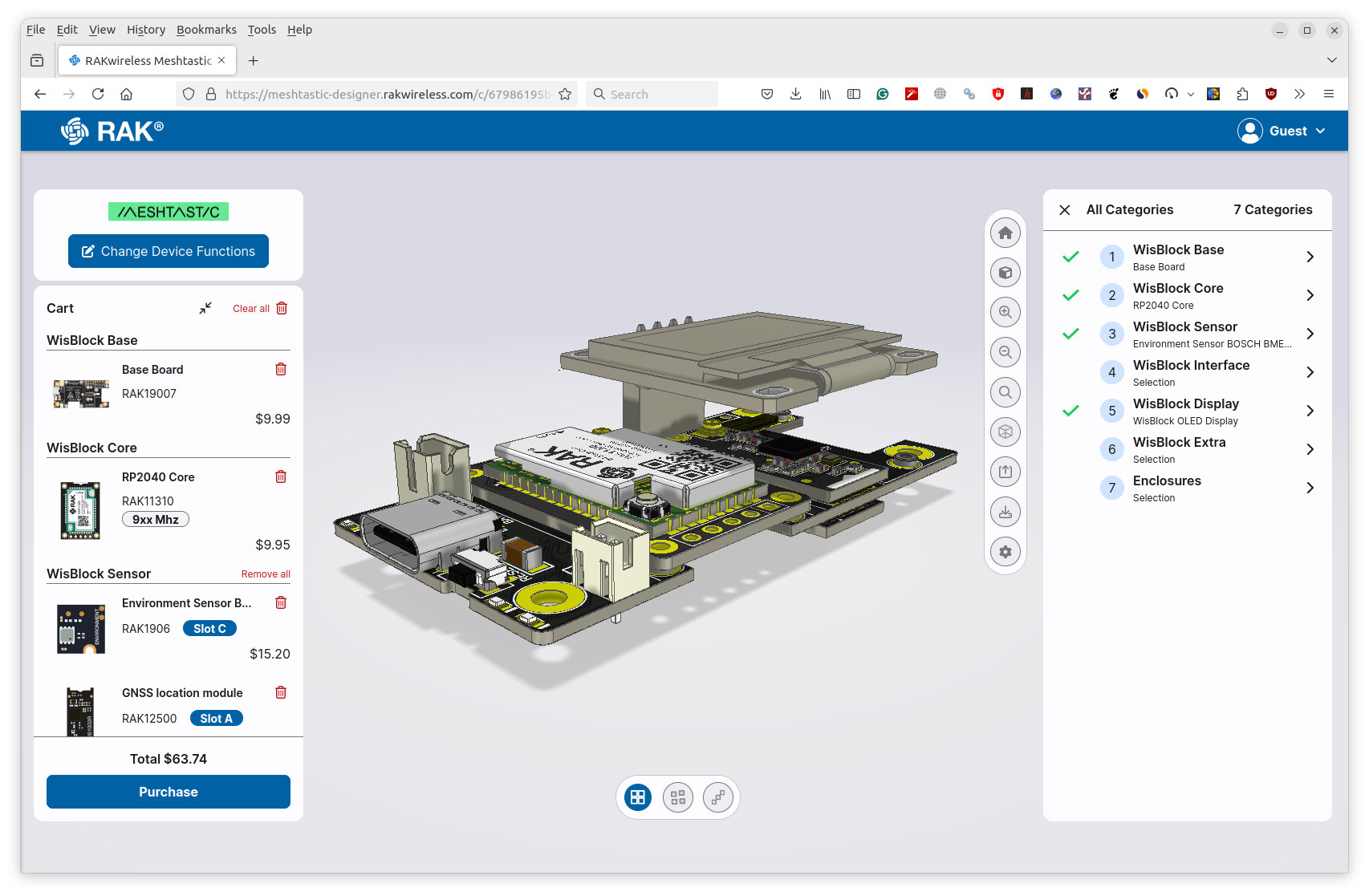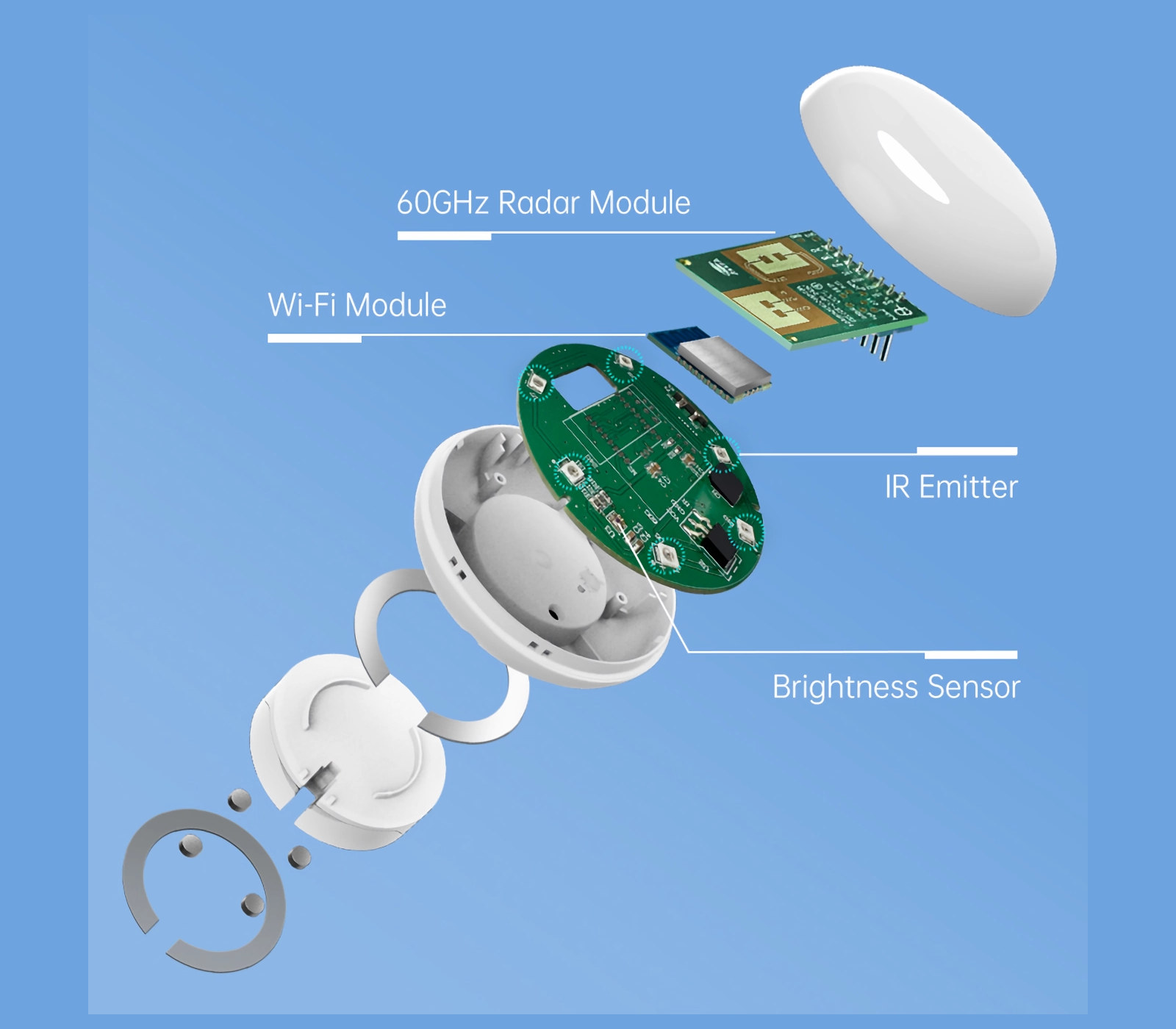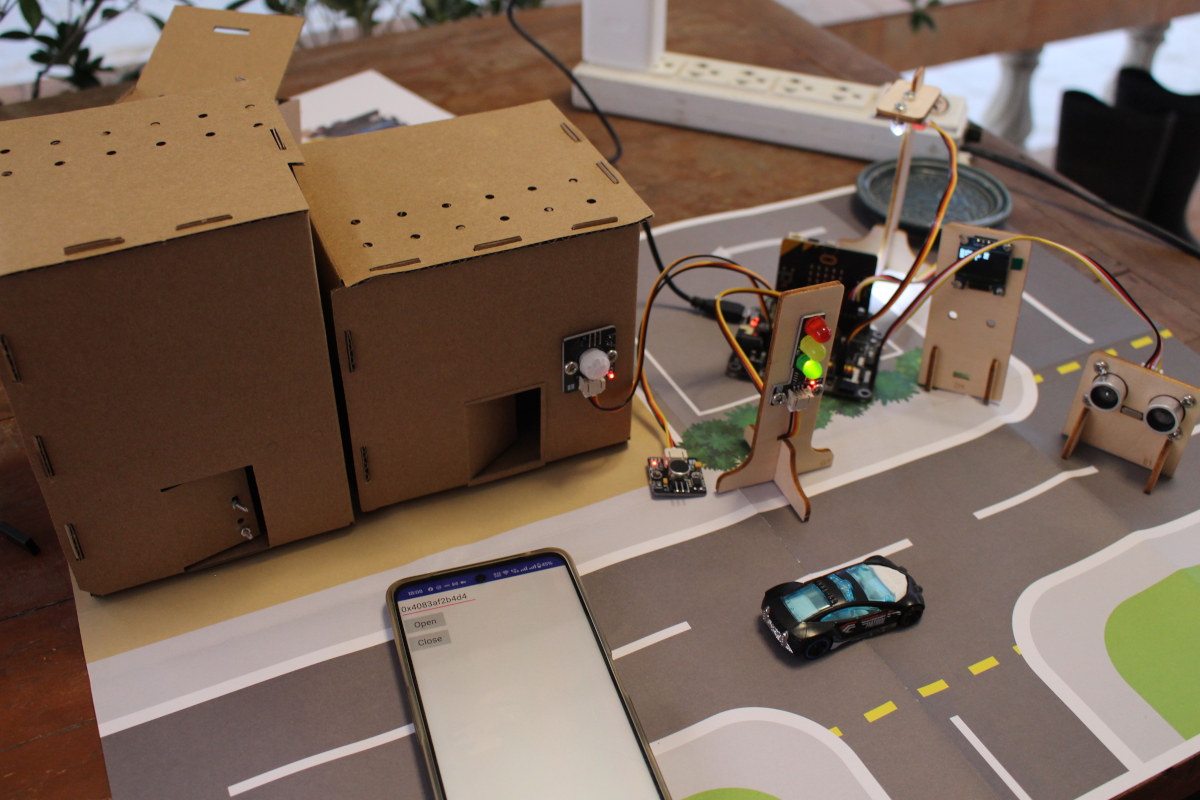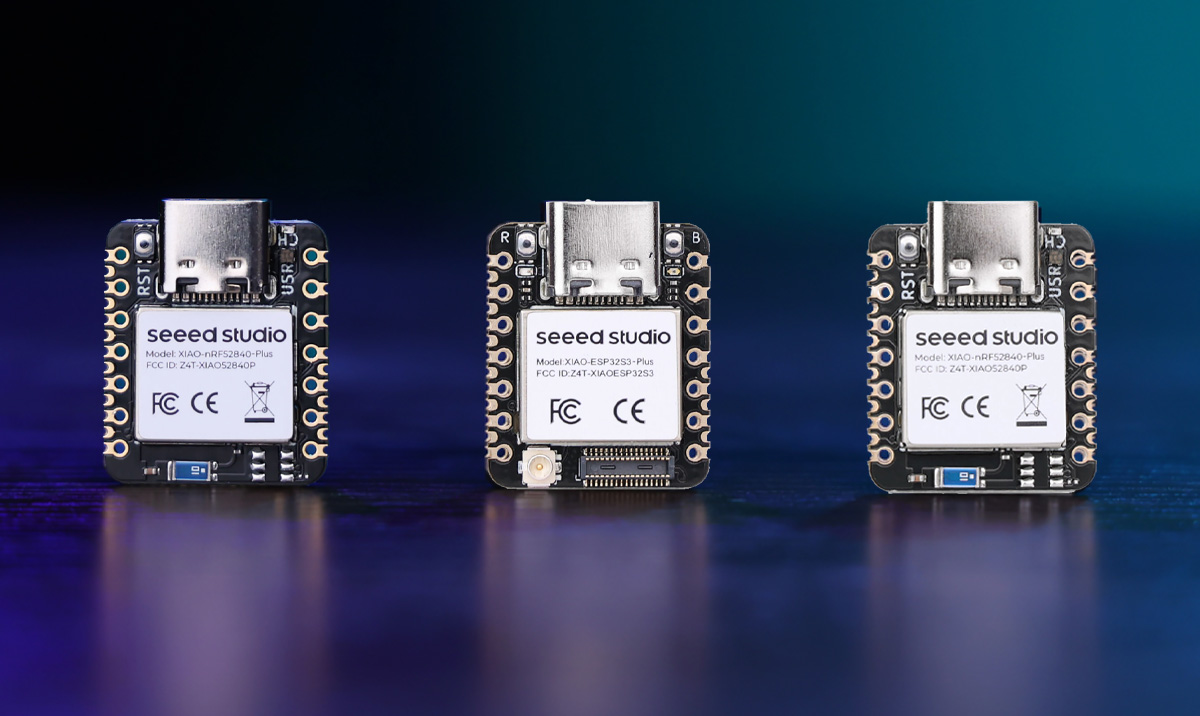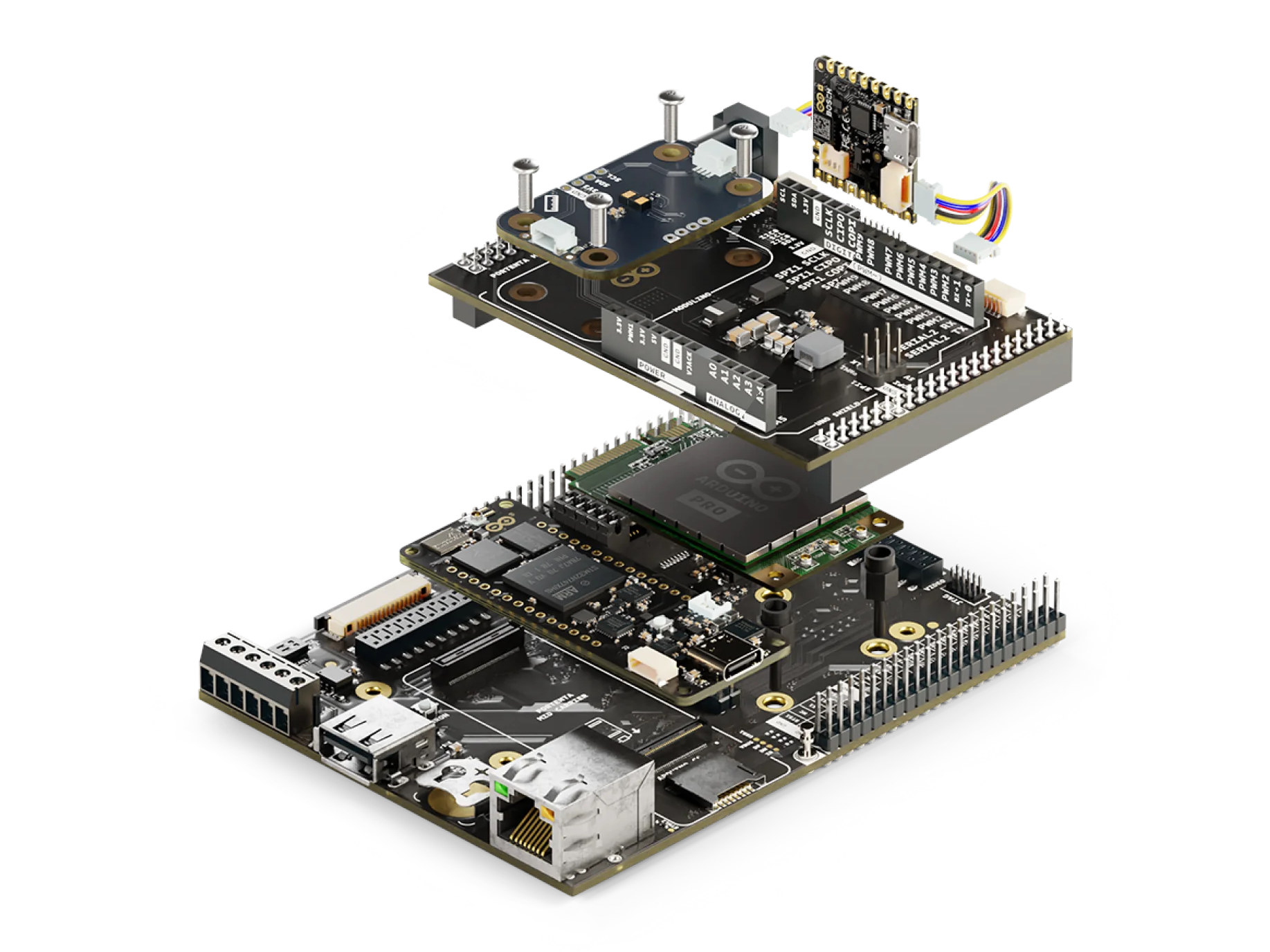STMicroelectronics has introduced the STEVAL-MKI109D a MEMS sensor evaluation board, designed to test and optimize STMicro’s MEMS sensors for various applications, including industrial automation, smart agriculture, and consumer electronics. Built around the STM32H563ZI Arm Cortex-M33 MCU this development board features I²C, I3C, and SPI interfaces, along with a TDM interface for high-speed sensor data communication. The board is also compatible with STMicro MEMS DIL24 adapter boards, which makes it easy for engineers to test different sensors. Additionally, it has software-adjustable power circuitry (0–3.6V), and onboard power monitoring for accurate analysis of sensor performance. STEVAL-MKI109D specifications Main MCU – STMicro STM32H563ZI Arm Cortex-M33 MCU with DSP and FPU Storage – MicroSD card slot Sensors – Supports all STMicro MEMS DIL24 compatible adapter boards Interfaces – I²C, I3C, SPI, TDM USB – USB Type-C connector for power and programming Misc Onboard J6 connector for STM32 programming and debugging Onboard J9 connector for […]
Polverine – A compact, mikroBUS-compatible environmental sensing platform with PM 2.5 and gas sensors (Crowdfunding)
Polverine is a mikroBUS-compatible environmental sensing platform featuring a BMV080 PM2.5 sensor and a BME690 gas sensor, plus an Espressif ESP32-S3-MINI-1 module to add Wi-Fi 4 and Bluetooth 5 connectivity. The onboard BMV080 sensor is described as the “world’s smallest PM2.5 sensor” at 4.2 x 3.5 x 3mm. The PM2.5 particulate matter sensor is complemented by the BME690 which measures temperature, humidity, and pressure, and detects volatile organic compounds (VOCs) for complete environmental monitoring. The board offers sufficient processing power for quick data handling, with wireless connectivity for easy integration into IoT systems and smart devices. Projected applications for the sensor platform include indoor air quality monitoring, smart homes, HVAC systems, industrial monitoring (gas leak and pollution monitoring), wearables for personal air quality tracking, and anomaly detection in emergency scenarios. We have seen other ESP32-based environmental sensor platforms such as the Sensy32 board, MoreSense MS-06, and AirGradient One, but the […]
SparkFun Digi X-ON LoRaWAN development kit combines Digi HX15 gateway with RP2350 IoT node and environmental sensors module
SparkFun has recently released the Digi X-ON LoRaWAN development kit an all-in-one IoT development kit designed to simplify the setup and deployment of LoRa-based IoT systems. It includes the Digi HX15 Gateway, SparkFun IoT Node for LoRaWAN, and the ENS160/BME280 environmental sensor, enabling rapid prototyping and connectivity with the help of the Digi X-ON cloud platform. The SparkFun IoT Node is built around the Raspberry Pi RP2350 microcontroller, which features 16MB flash, 8MB PSRAM, multiple GPIOs, LiPo battery support, microSD storage, and USB-C connectivity. It also integrates the Digi XBee LR module for long-range LoRaWAN communication with pre-activated cloud connectivity. With an onboard Qwiic connector and Arduino support, this development kit is ideal for applications like industrial monitoring, environmental sensing, smart agriculture, remote data collection, and more. Digi HX15 gateway specifications Microprocessor – STMicro STM32MP157C MPU with dual-core Cortex A7 @ 650 MHz, Cortex-M4 @ 209 MHz with FPU/MPU, 3D […]
Meshtastic Designer helps you build custom Meshtastic solutions with RAKwireless Wisblock components
RAKWireless introduced the Wisblock IoT Modular System in 2020 to let developers easily create LoRaWAN IoT solutions with various core modules, baseboards, and sensor/IO modules. The company kept adding new Wisblock modules year after year, and there are now over 120 modules part of the Wisblock ecosystem. While the large choice of modules makes designing IoT prototypes more flexible, customers often face challenges in checking compatibility and selecting the right modules for the right slots. That’s why RAKWireless has been working on web-based online designer tools for the Wisblock ecosystem. The first release is the Meshtastic Designer used to quickly configure and create their own Meshtastic devices from the module to enclosure, and place an order from there once the design is complete. I’ve given it a quick try myself. I wanted a Meshtastic device with a display, a keyboard, a GNSS module, and an air quality sensor since the […]
Home Assistant-compatible 60GHz mmWave radar sensor features a built-in IR blaster (Crowdfunding)
The eMotion Ultra is a Home Assistant-compatible 60GHz mmWave radar presence sensor with a built-in IR blaster with a 15-meter range, a brightness sensor, and a temperature/humidity sensor. It is powered by an Armv8-M KM4 microcontroller with built-in Wi-Fi connectivity and is targeted at simplifying complex smart home setups. The eMotion Ultra 60GHz mmWave radar presence sensor module is reported to be able to “cover up to 40 square meters (430 square feet) using just one device.” It can be configured for up to 4 zones with personalized automations for each zone. The exact Armv8-M KM4 module used isn’t named but is likely based on a Realtek RTL8720CM wireless SoC or other Realtek Ameba microcontroller. Potential applications include security management, lighting automation, home climate control, energy management, and rental property management. We have seen similar presence sensors such as the RoomSense IQ, Seeed Studio’s mmWave fall detection kit, SONOFF SNZB-06P, […]
Review of SMARTHON Smart City IoT Starter Kit for BBC Micro:bit
SMARTHON Smart City IoT Starter Kit for micro:bit is an educational kit for 10+ years old teaching basic projects from turning an LED to more complex projects with multiple sensors, IFTTT integration, and mobile app development. The company sent us a sample of the Start Kit along with a BBC Micro:bit board for review, and we’ll report our experience with the kit in this review. Unboxing of SMARTHON Smart City IoT Starter Kit for micro:bit The package I received includes the SMARTHON Smart City IoT Starter Kit for Micro:bit and a BBC Micro:bit V2 board since it’s not included in the starter kit. The bottom side of the package lists the main components and features a QR code pointing to the product page. The package includes cardboard and wooden models, various cables, a 180° servo, a screw set, a city map, the Smarthon IoT:bit carrier board for the BBC Micro:bit, […]
Seeed Studio XIAO Plus series adds more GPIOs through castellated holes
In response to community feedback for more I/O options, Seeed Studio has recently launched the Seeed Studio XIAO Plus series with 23 castellated mounting pins (20 GPIOs, 3 power pins) and improved back solder points, improving compatibility with carrier boards for complex projects. The new series includes the XIAO ESP32S3 Plus, XIAO nRF52840 Plus, and XIAO nRF52840 Sense Plus which are direct upgrades of the XIAO ESP32S3, XIAO nRF52840 BLE, and XIAO nRF52840 Sense boards. The new design allows for easier assembly and scalable production, with double the I/O options. XIAO ESP32S3 Plus The Seeed Studio XIAO ESP32S3 Plus is a compact development board with a total of 23 pins on the board out of which 11 are through-hole GPIO pins 9 additional SMD castellations GPIO pins and 3 through-hole are power pins. The board is built around an ESP32-S3 MCU so it has 2.4GHz WiFi and BLE 5.0 connectivity. Other […]
Arduino Portenta Proto Kit ME aims to ease prototyping for professionals
Arduino has introduced the Portenta Proto Kit ME (Motion Environment) at CES 2025 with the kit designed to allow engineers, designers, and innovators to turn ideas into functional prototypes quickly. The kit does not include new hardware, but it is based on the Arduino Portenta H7, Mid Carrier, and Nicla Sense ME module, as well as other off-the-shelf parts such as a 4G LTE and GNSS module and some Modulino modules, plus three months of Arduino Cloud access. The company expects the prototyping kit to be used for predictive maintenance, environmental sensing, and industrial automation prototypes. Arduino Portenta Proto Kit ME kit content: Portenta H7 board based on STMicro STM32H747 Arm Cortex-M7 @ 480 MHz + M4 @ 200 MHz MCU capable of handling ML workloads and advanced processing Portenta Mid Carrier with gigabit Ethernet, USB 2.0 port, MIPI CSI and Arduino camera connectors, CAN Bus, mPCIe socket, GPIO header, […]


